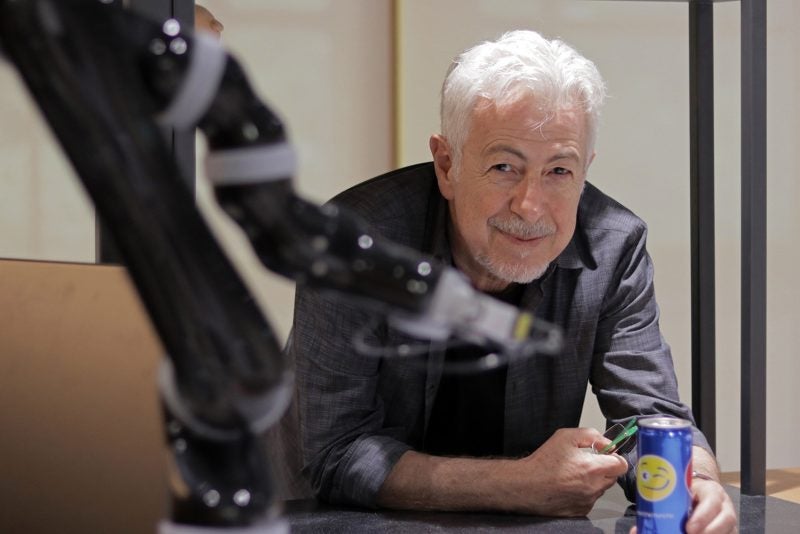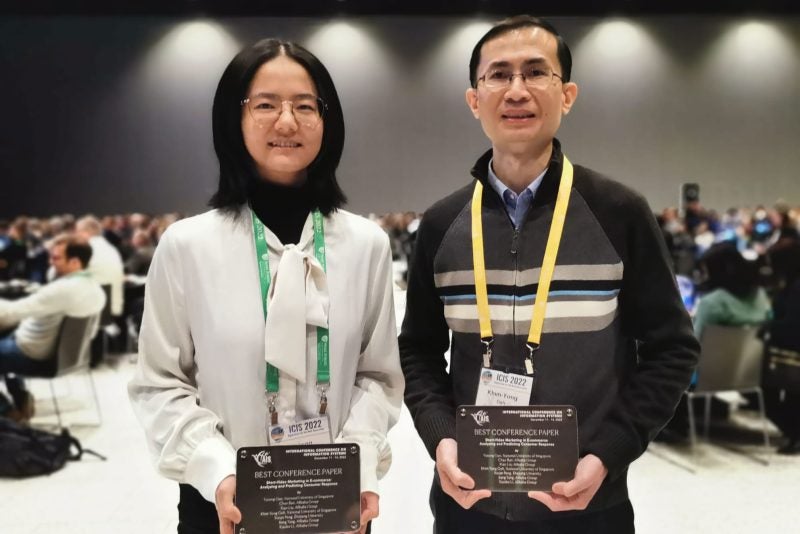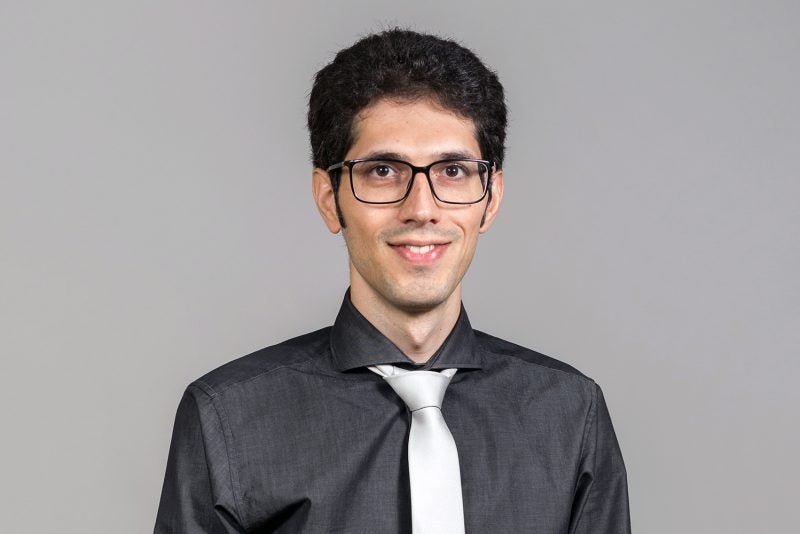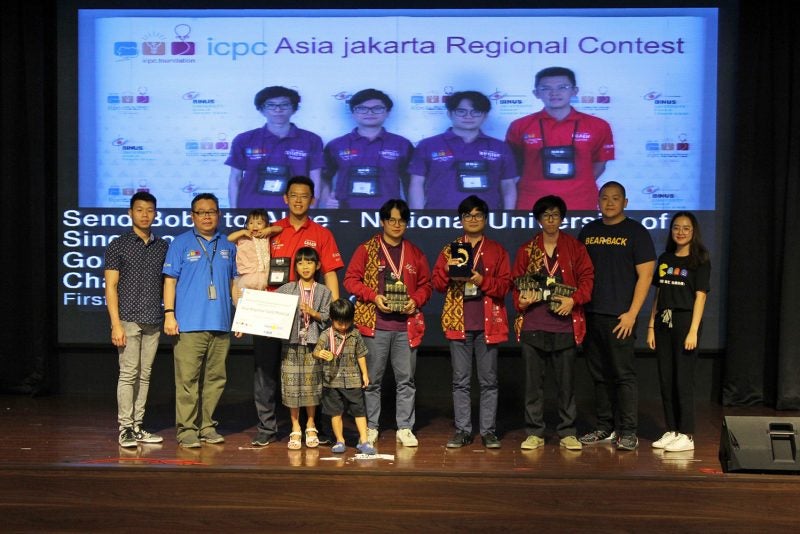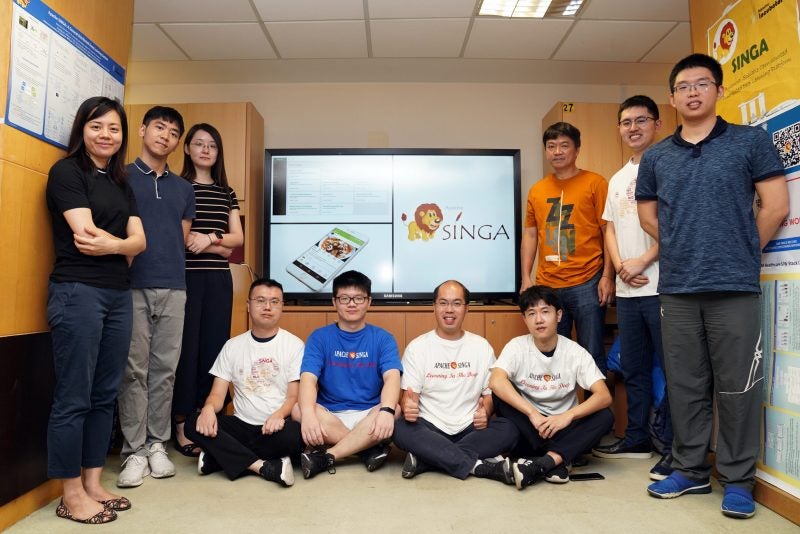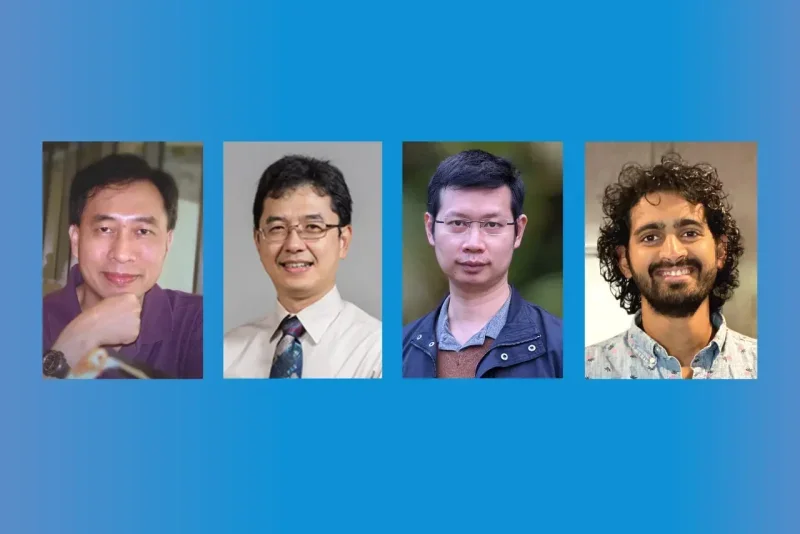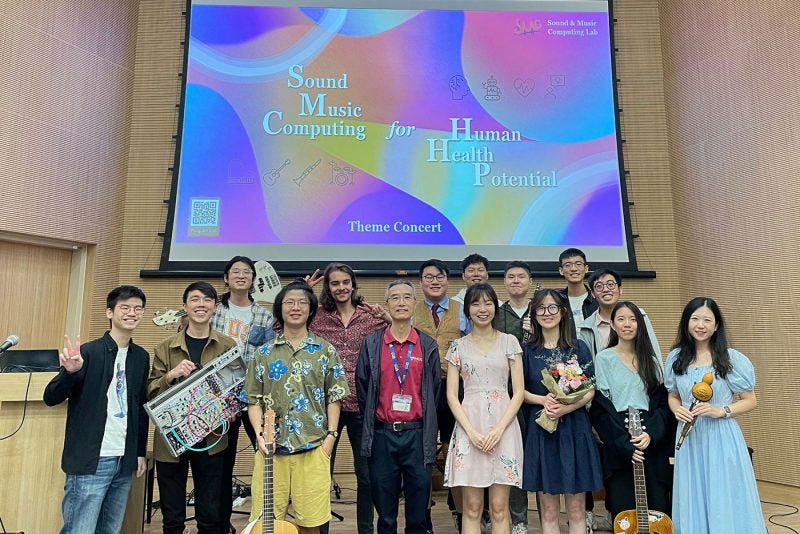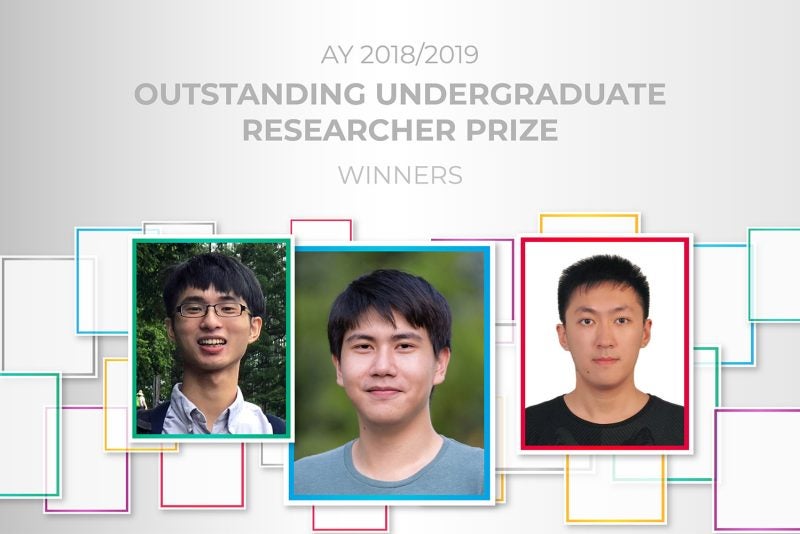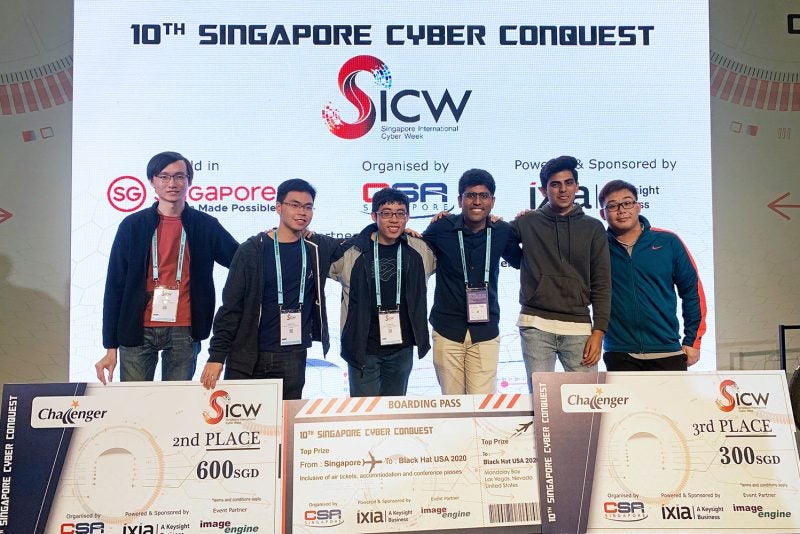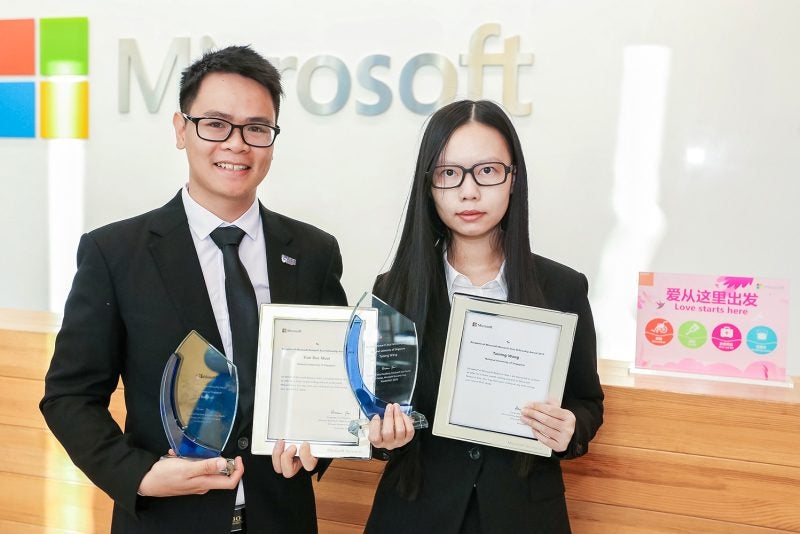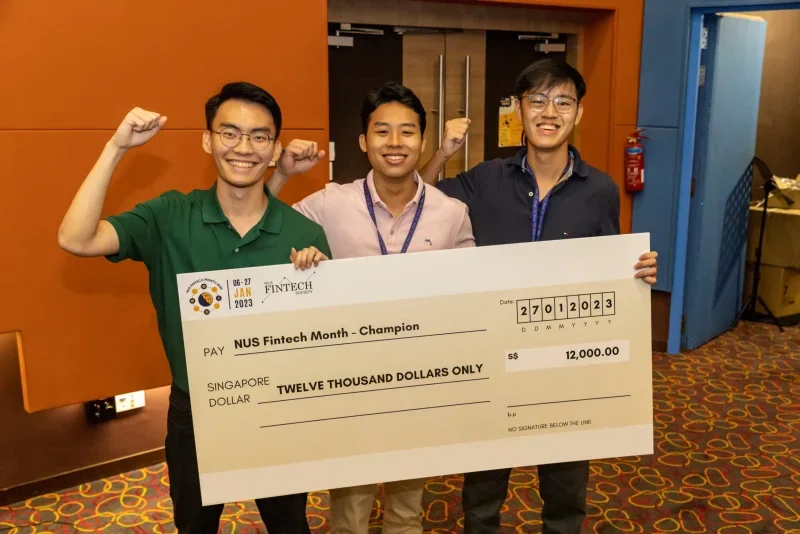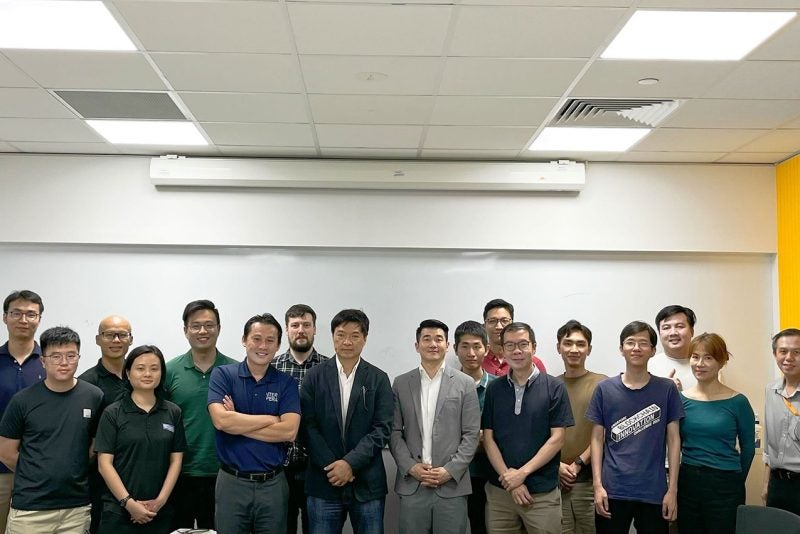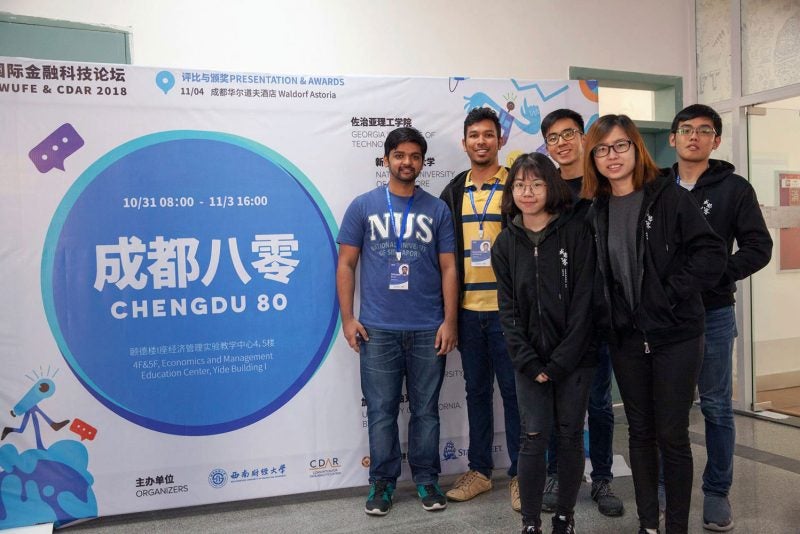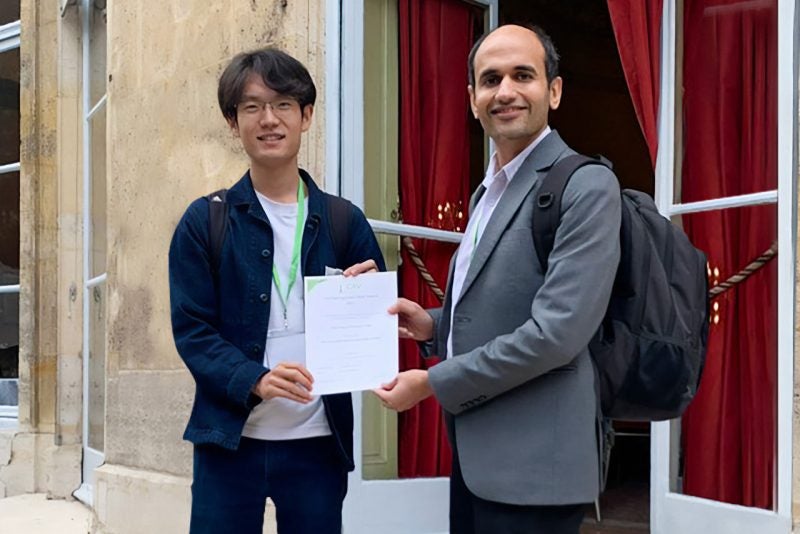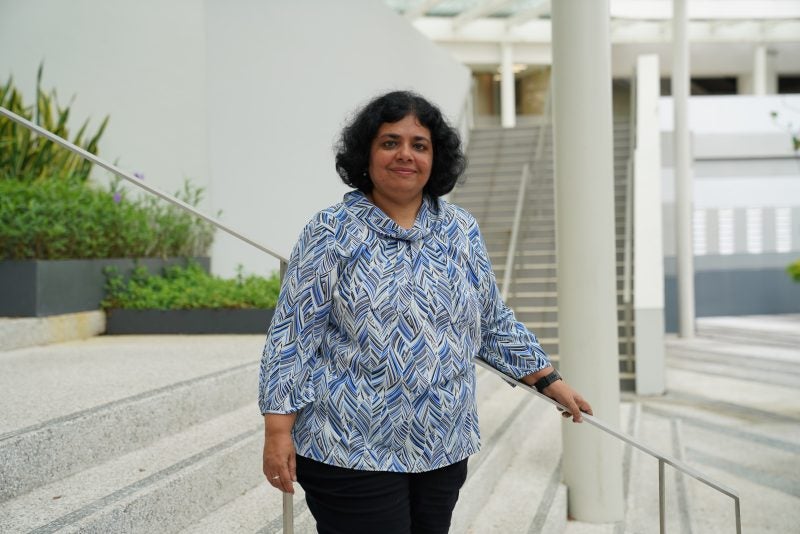2 April 2019 – Former NUS Computing PhD student Dr Sergey Mechtaev was awarded the ACM SIGSOFT Outstanding Doctoral Dissertation Award on 19 March 2019. The award will be given out at the 41st ACM/IEEE International Conference on Software Engineering held in Montreal, Canada from 25 to 31 May this year.
Dr Mechtaev, now a Lecturer with the Department of Computer Science at University College London, was under the supervision of Professor Abhik Roychoudhury from 2012 to 2018. He won the prestigious award for his research in semantic program repair. The ACM SIGSOFT Outstanding Doctoral Dissertation award is given out annually to the best doctoral dissertation in software engineering each year.
During his time in NUS Computing, Dr Mechtaev developed new techniques to automatically generate patches for program bugs. “Software is usually buggy and fixing these bugs tend to be a difficult and time-consuming process,” explained Dr Mechtaev. “There has been a rapidly growing interest among the research community to solve this problem by automatically generating patches for buggy code. While state-of-the-art program repair systems are able to address defects in real-world software, these automatically generated patches are generally low in quality.”
To improve the quality of these automated patches, Dr Mechtaev and his collaboraters introduced new methods to make automated program repair more intelligent by using semantic analysis to understand the meaning of programm and their defects. The team developed Angelix, a semantic program repair system that is able to generate high quality patches for real-world program bugs. According to the team, Angelix is able to repair more complex bugs than previous approaches. Their system was able to automatically fix the infamous Heartbleed vulnerability – a SSL vulnerability that left thousands of web servers exposed to attacks back in 2014. Furthermore, the team’s system is also able to generate a formal correctness guarantee – a certificate that authenticates that its generated patches works correctly.
“Our semantic program repair technique was designed to address problems that arise in real-world projects, and our tests proved that our system was able to generate patches for real-world programming bugs. This, I believe, made our work stand out,” explained Dr Mechtaev.
“Receiving this award has not only increased my confidence to pursue this research direction, but it also reminds me that there are still many challenges out there that my colleagues and I have to overcome to make a real impact. This accolade would not have been possible without the support of my supervisor, Prof Roychoudhury, my colleagues, the research community, and the work environment in NUS,” Dr Mechtaev added.


